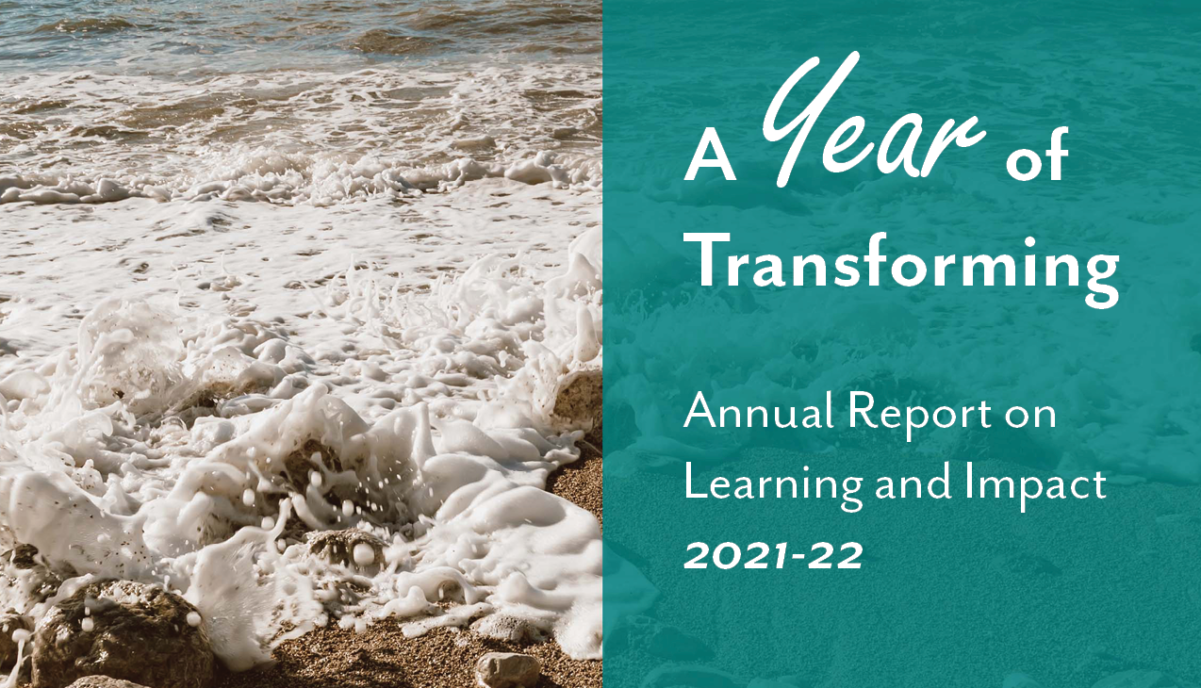Mind the pace…

by Charlene Boyce, Communications Manager
In my first city job, I was a graphic designer at a printing company. It was back when manual paste-up was still a thing. Ask your parents, I guess, but it involved hot wax and Exacto knives and was just as dangerous as it sounds. My manual paste-up skills were… hoo boy. Messy. Computers were just starting to take over as the norm, and would eventually ensure my design career continued, but this printing company… Well, let’s just say, we were old school, and we kept expenses down.
One day the production manager came flying into the art room waving a sheet of business cards, fresh off the press. “This is wrong!” she yelled. “What happened to this!?” She was very agitated–she was a great production manager because she literally sweated the small stuff.
I looked at the sheet – two of the logos were misplaced, badly. I had laid out the sheet, rushing, the day before.
I think my mind zoomed through a few potential responses before I settled on this, but it also felt instinctual when I blurted out, “Looks like I screwed it up.” Her mouth snapped close. “Hold on, I’ll fix the art.”
She had been prepared for defensiveness, and was ready with a diatribe of blame. It took her a mental moment to formulate a response. “Well, now I have to reshoot it and we have to set up the press again,” she managed to grumble.
“I know, I’m sorry.”
This is an early working lesson I return to again and again. Every time I do, I feel like I get a deeper learning. That day, I realized radical candour would be a great tool to deal with managers. Later reflection showed me that focusing on fixing the issue moved everything forward faster. As recently as today, I am sitting again with the ways we tend to look for blame as a way to release our stress, often stress generated by the deep fear that we, as managers or supervisors, are actually secretly to blame. When someone fully owns a mistake and takes care of fixing it, what a gift that is!
But this blog post is not about my early working messy mistakes, this is about how many lessons an experience can give us, and the time it takes to fully realize those. Today, Inspiring Communities is releasing our Annual Report on Learning and Impact, A Year of Transforming.
“Mind the Pace” is part of the Intentionality guiding principle of Inspiring Communities. A couple of years ago, as the pandemic was causing so much to come to a halt, this phrase felt like a way to support and encourage each other to acknowledge the ways that we could no longer rush. Later reflection offered the insight that sometimes minding the pace meant going faster, to meet the needs of our communities, colleagues, or funders.
Creating this report felt like it was going super quickly in moments, and then slowing substantially. The extra time we took in reviewing, sharing, deliberating, gathering feedback and incorporating it, was worth it. To say we learned a lot this year (and indeed over the last four years) is an understatement. You’ll find candor and genuine learning in this report, along with some of the indicators of impact we look for.
We know that the experiences of the last year will continue to reveal new lessons over time, and we look forward to sharing our new insights as they emerge.
We appreciate any feedback you want to offer, whether in the comments below or by email: cboyce@inspiringcommunities.ca
Share this:
Comments are closed